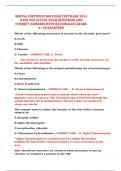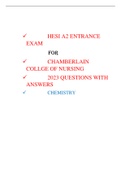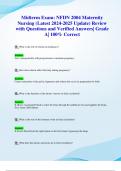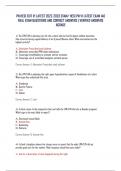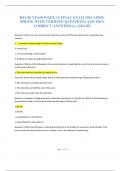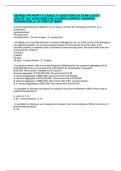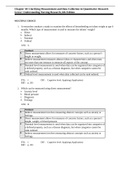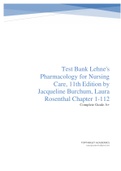Essay
Critically assess the measures taken by, and the responsibility of, the UN Security Council in response to the COVID-19 pandemic
- Institution
- The University Of Aberdeen (Aberd)
This is a legal analysis of the UN Security Council's level of involvement in the COVID-19 pandemic, whether it would be within its mandate, about the legal nature of Resolution 2532 and the whether the latter creates binding obligations for non-state actors.
[Show more]




